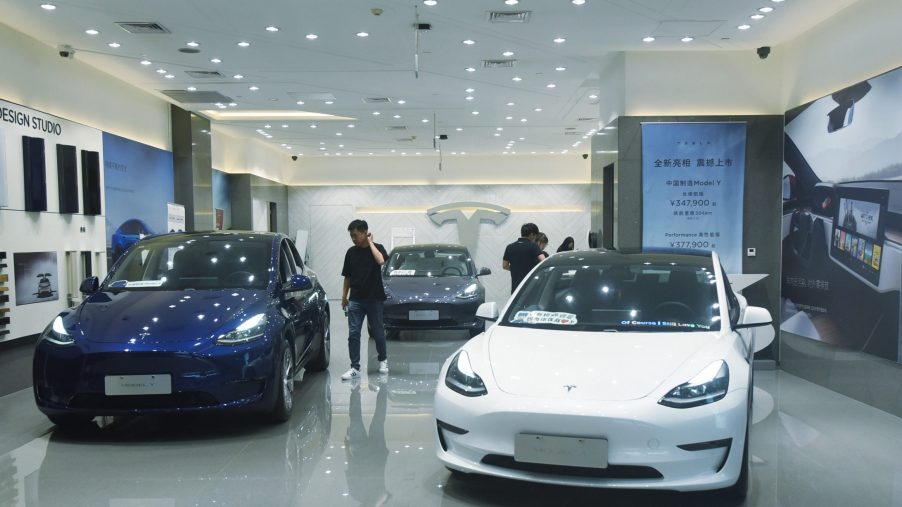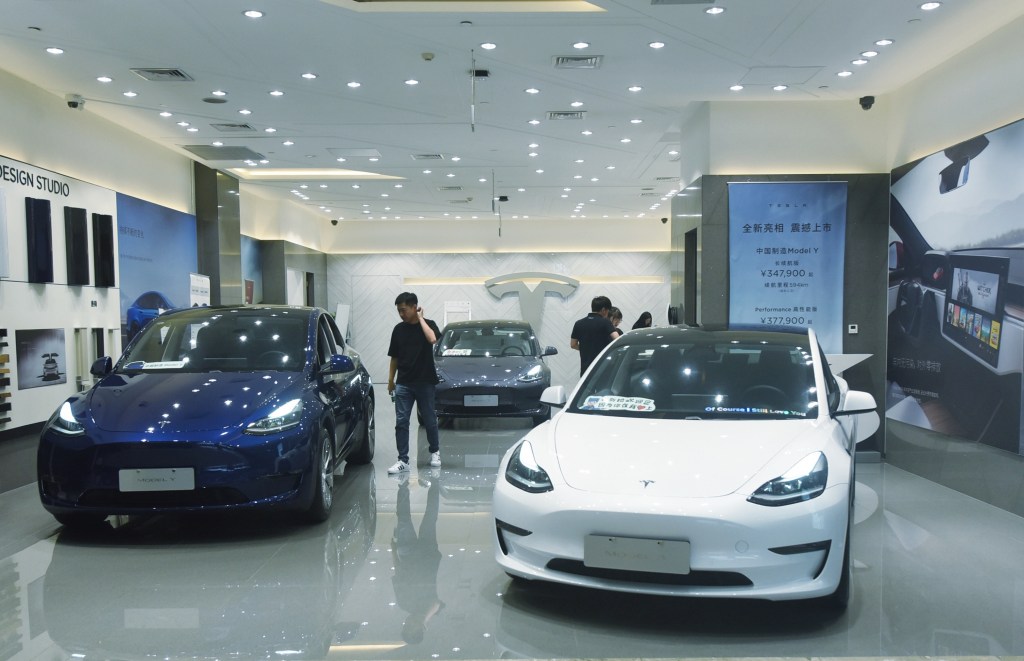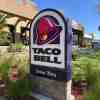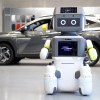
Tesla Recall: ‘Rolling Stop’ Full Self-Driving Beta Must Stop
Even more so than its electric powertrains, Full Self-Driving was supposed to be Tesla’s killer app. But while it’s gotten more expensive, it’s safe to say that it hasn’t lived up to the hype so far. Actually, that’s arguably putting it mildly—FSD can be downright dangerous if misused. And one of its features is now at the center of another Tesla recall issued by the National Highway Traffic Safety Administration.
Tesla recalls almost 54,000 cars over a Full Self-Driving Beta feature

This latest Tesla recall isn’t the first one the NHTSA has issued, but it is quite substantial. It covers 53,822 Tesla EVs from a variety of model years, and it impacts the company’s entire current lineup. Specifically, the recall covers every Tesla running Full Self-Driving Beta firmware release 2020.40.4.10 or newer from the following model years:
- 2016-2022 Model S
- 2016-2022 Model X
- 2017-2022 Model 3
- 2020-2022 Model Y
While several past Tesla recalls and NHTSA investigations focused on Autopilot, this recall focuses on Full Self-Driving’s ‘rolling stop’ feature. It’s a piece of software that comes into play when an equipped Tesla comes to an all-way stop intersection. If the EV decides that certain conditions are met, it won’t fully stop. Rather, it will simply keep rolling through the intersection, hence the term ‘rolling stop.’
Naturally, you’re likely wondering what those ‘certain conditions’ are. According to the NHTSA’s documents, the ‘rolling stop’ only comes into play if:
- The Tesla’s Full Self-Driving Beta profile is set to ‘Assertive’
- It’s traveling no faster than 5.6 mph
- It doesn’t detect any moving cars, pedestrians, or cyclists near the intersection
- The Tesla has “sufficient visibility” for proper detection
- All the roads surrounding the intersection have speed limits no higher than 30 mph
If the Full Self-Driving software decides your Tesla meets those criteria, it triggers the ‘rolling stop’ feature. At which point, your EV can drive through the intersection at 0.1-5.6 mph.
Not only is Tesla’s Full Self-Driving not full autonomy, but California stops aren’t legal
Before discussing this Tesla recall further, it’s important to stress that the Full Self-Driving Beta is not full self-driving. It’s not even at an SAE Level 3 partial-autonomy level, by Tesla CEO Elon Musk’s admission. But even if it was at that level, this ‘rolling stop’ feature wouldn’t fly.
Although it didn’t originate there, this kind of ‘not actually stopping’ stop is commonly known as a California stop. Yet not only is it illegal in California, but it’s also illegal literally everywhere in the US. Admittedly, there are some circumstances where motorcycle riders can run red lights. And some studies suggest that cyclists are safer if they’re allowed to roll through stop signs. But as of this writing, there’s no law on the books that lets cars do this, Roadshow says.
For what it’s worth, Tesla claims that it isn’t aware of any field reports, warranty claims, crashes, injuries, or fatalities resulting from this Full Self-Driving feature. But as with the Safety Score system, the ‘rolling stop’ software has significant havoc-wreaking potential. And, oh yeah, it literally breaks the law.
Also, the defense that ‘everyone does it’ won’t fly. The same increased collision risk that the NHTSA cites as the impetus for this recall applies to all drivers. If you see a stop sign, come to a complete stop, every time.
When will Tesla issue a fix?
If you own a Tesla affected by the recall, a fix is on the way. Tesla will release FSD Beta firmware update 2021.44.30.15 sometime in mid-February, which will disable ‘rolling stop’ functionality. And because it’s an over-the-air update, your Tesla should download and install the fix automatically. If you’re unsure if your Tesla is affected by the recall, check the NHTSA website or app.
In addition, in accordance with the law, Tesla will mail physical notices to affected owners. Those letters should arrive by the end of March.
In the meantime, stop at all stop signs.
Follow more updates from MotorBiscuit on our Facebook page.


